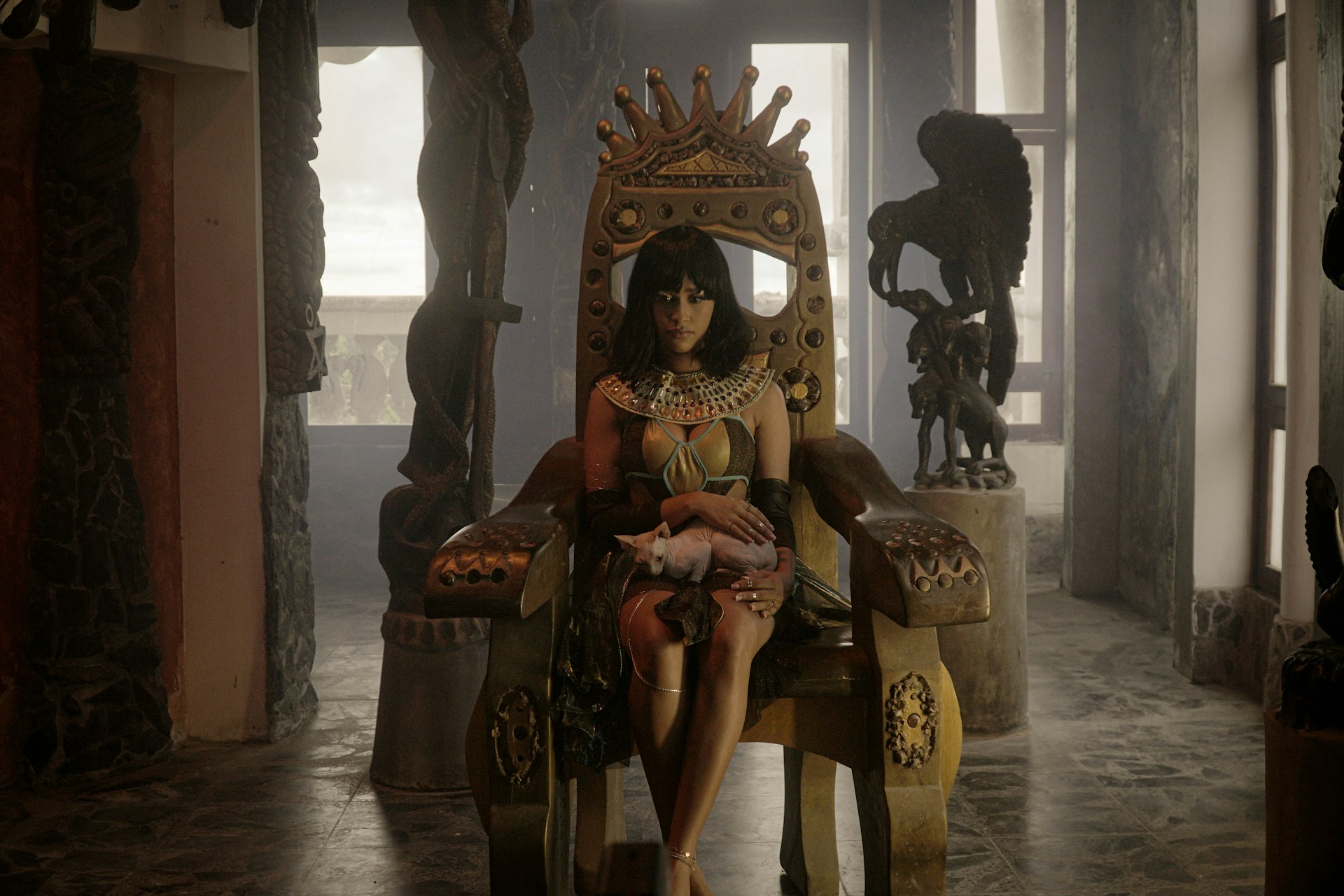Oh, I bet you’ve been there too—sitting in a conversation when someone tosses out a weird phrase like “bite the bullet” or “jump on the bandwagon.” Trust me, at first, they sound utterly bonkers if you take them literally. I mean, seriously, who’d chomp down on an actual bullet? Or leap onto a moving, crowded wagon just because it’s rolling by? But here we are, these quirky sayings stitched into our daily chatter, and hardly anyone stops to ponder where they came from.
When I first started delving into the backstory of these kooky expressions, it was like I’d cracked open a diary from history, listening in on the absurd but endearing chatter from days gone by. It’s like there’s this invisible thread connecting us all, tied together by shared humanity and a sprinkle of humor. Our ancestors had this flair for using words, not just to talk, but to capture the quirks and laughs of their world—kind of like we do now. It’s this weird kind of beautiful.
Bite the Bullet
Take “bite the bullet”—the first time I heard it, my brain conjured up this image of some poor soul, literally biting down on a bullet. And, surprise surprise, I wasn’t ridiculously off track! Back in the grim days of war, before our lovely modern anesthetics, unlucky soldiers had to endure surgery with—yup, you guessed it—a bullet to bite on to manage the pain. Can you even imagine? Nowadays, we grit our teeth through Monday morning meetings, feeling heroic. But knowing this history makes me tip my hat to the sheer guts folks had back then. Raw, gritty courage, right? It’s not just about enduring; it’s about facing stuff head-on, out of sheer survival instinct. “Bite the bullet” is our little nod to that unyielding human spirit.
Jump on the Bandwagon
And then there’s “jumping on the bandwagon.” Now, me? I’m a bit skeptical when it comes to joining in on trends—always questioning if it’s genuine enthusiasm or just a case of everyone else is doing it. This phrase goes back to the 19th century. Political campaigns literally rolled out bandwagons, complete with a booming brass band to draw a crowd. Imagine a cartoon scene where people, swooning with excitement, are literally leaping onto the moving wagon—it’s both comical and enlightening! Today, our bandwagons are all digital, a click on the latest trend, but the scene hasn’t changed much, has it?
Steal Someone’s Thunder
Or think about “steal someone’s thunder”—I always pictured a mischievous scene from Greek mythology. Instead, it came from an 18th-century playwright, John Dennis, who came up with a neat way to mimic thunder in his plays. Sadly, his play flopped, but the theater loved his thunder technique—and used it in another play. Can you imagine? Poor guy! It’s got this Shakespearean poetic injustice to it, right? And we’ve all felt that pinch—having our thunder swiped by someone else—a tiny reminder wrapped in a saying that our pride is wonderfully fragile.
The Whole Nine Yards
And then there’s “the whole nine yards,” which leaves me scratching my head. It’s about giving it your all, sure, but why nine yards? No one quite knows! Rumored origins include fighter planes’ ammo belts and Scottish clothing material. Go figure! Yet, I kind of adore the mystery—it’s like a cozy reminder that not everything wraps up with a neat bow.
Every expression carries with it a snippet from the past—some grounded, others elusive as ghosts, but each a word-treasure passed down through ages. These phrases, tinged with flavors of yore, have danced through time, adjusting and flexing to fit into today’s world.
“Dressed to the Nines” has me scratching my head too. Was it about stopping traffic with snazzy clothes, or is it something else? Some think it’s tied to the Nine Noble Virtues of knighthood, or it might be referencing a Scottish poem with nine muses, or maybe it’s about fancy tailoring using nine yards of fabric. So many theories but no definitive answer—yet, it’s quite charming in its own unsolved puzzle way.
The Cat’s Out of the Bag
Oh, and “the cat’s out of the bag”—this one always sparked a mischievous mental picture for me. Turns out, it hails from old marketplace tricks—sneaky sellers swapping piglets for cats in bags, selling them without a peek inside. Once the cat came out, the ruse was busted! Even now, when secrets slip out of the bag, the phrase brings a vibe of cheeky dealings from way back.
Let the Cat Out of the Bag
It’s amusing, thinking how we’re still metaphorically letting cats out of bags while far removed from those hustle-and-bustle marketplaces. Yet, even today, it captures that universal moment of unexpected surprise. For all our fast-paced advancement, the essence of revelation remains, doesn’t it?
Language is like this living, breathing beast. It shows off our highs, our flops, our joys, and our heartaches. Phrases that seem oddball at first actually contain deep truths and great stories from back in the day. Reflecting on them, we get a snapshot of the past, peppered with echoes from lives long before ours. And even better? We glimpse how these word treasures have thrived and adapted through many a decade and changing season.
In a Pickle
Picture being “in a pickle”—these days, it spells out “trouble city.” But originally, putting food in a pickle meant preserving it, extending its life. Somehow, that morphed into being in a jam. “I’m in a pickle” strolls the line between humor and exasperation, with a splash of irony.
Kick the Bucket
Or think of “kick the bucket”—often a gentle way of easing into talks about death, but its roots are earthy. Theories suggest it relates to slaughtering animals, where they literally kicked a bucket in their final moments. Maybe a bit grim, but there’s a grounding rawness there. It compels us to confront mortality with a unique mix of dark humor and sincere acceptance.
There’s something about sharing these phrases that’s a link to the past—a way for us, in this spinny, evolving world, to add our stanzas to a timeless relationship with words.
Language isn’t just for jibber-jabber—it’s an art piece, a dynamic mural where history, culture, and emotion dance hand-in-hand. As we explore these phrases and giggle at their tales, swaying to the rhythm of their wit, we’re joining the ageless dance of humanity. Enjoying the imperfect, quirky medley left by our ancestors—warming our hearts in its oddity, chaos, and unwavering echoes.
Truthfully, aren’t these the quirks that make us unapologetically human? Complex and flawed, yet wonderfully captivated by stories that root us to our past? It’s like a handshake from history, a hello from those who’ve danced before us. These strange beginnings become poignant nods to our spirit’s endurance, its wonder, and its joyful curiosity in the most delightful nooks and crannies. Here’s to sharing new stories wrapped in language oddities and feeling tethered to the souls who came before, as we maybe cook up some clever phrases for the future to chuckle over.
So, next time you’re “biting the bullet” or “jumping on the bandwagon,” let’s grin at the richness tangled in those words. Let’s toast the curious charms sewn through the crazy origins of our everyday expressions, feeling just a touch more linked to yesteryears’ folks—and maybe, just maybe, making up a few whimsical phrases ourselves to puzzle future chatterboxes.







